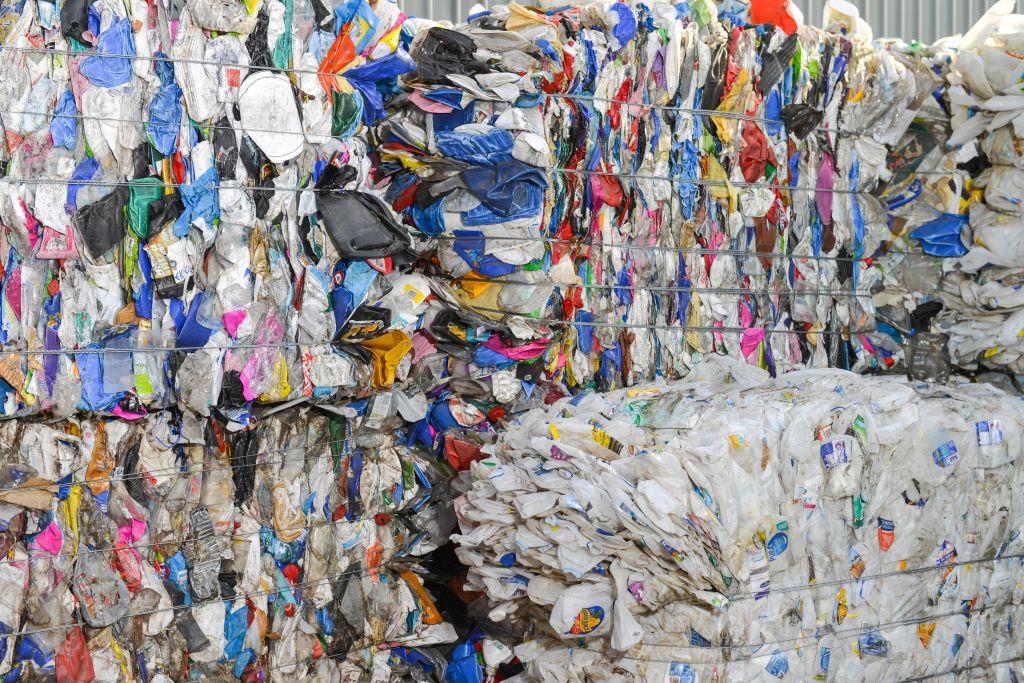The Australian Greens are decrying the federal government’s decision to allow a temporary reprieval on shipping plastic overseas to be recycled.
This comes after it was revealed on May 18 that the Minister for the Environment, Tanya Plibersek, had given temporary approval for recycling company Oately Resources Australia to export some of Australia’s most easily recyclable household plastic waste, which includes milk cartons, vegetable oil containers, and soft drink bottles, for one year.




